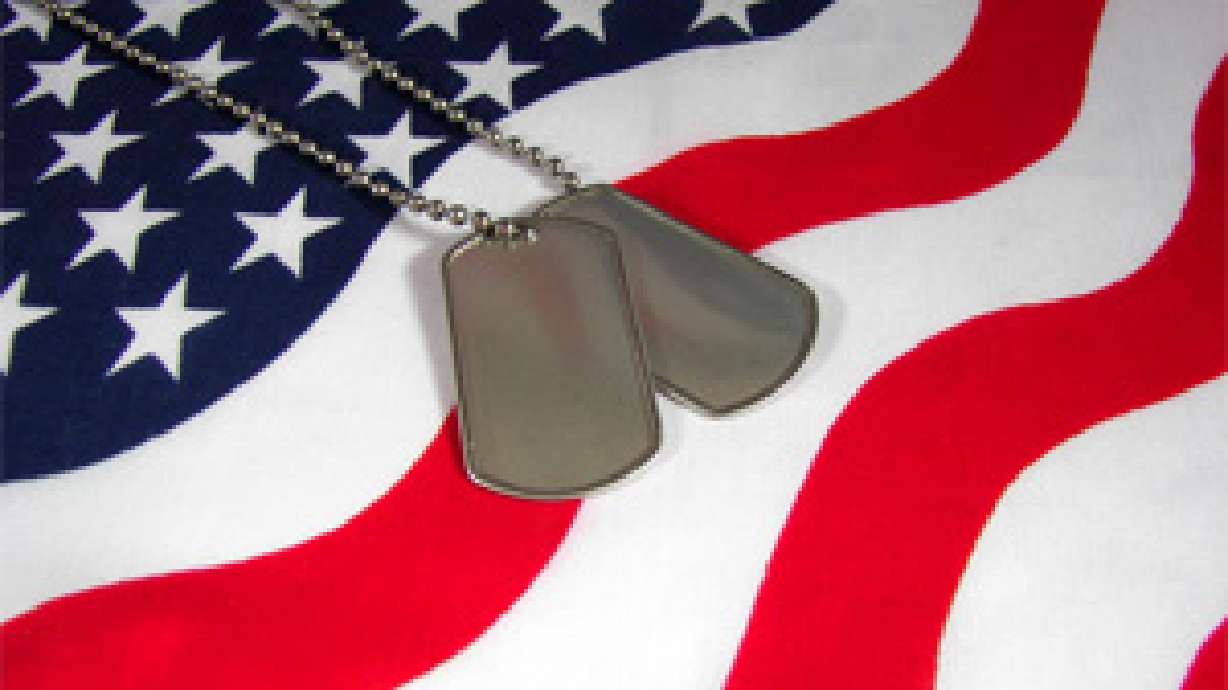Estimated read time: 4-5 minutes
This archived news story is available only for your personal, non-commercial use. Information in the story may be outdated or superseded by additional information. Reading or replaying the story in its archived form does not constitute a republication of the story.
SALT LAKE CITY -- Suicide rates among our veterans remain high, but the Department of Veterans Affairs sees signs of hope. Veterans can find and access more help than ever before, and a growing number of them are willing to ask for it.
According to the Centers for Disease Control, one-fifth of all suicides in the U.S. are committed by veterans. The veteran population is growing, and war causes tremendous stress, so during this National Suicide Prevention Week the VA-- nationally and locally-- is working to cut down the number of suicides.
Nearly a third of U.S. troops who fought in Iraq or Afghanistan seek help to deal with the mental and emotional trauma of war.
The Salt Lake City VA reports six suicides last year, 10 so far this year. In a recent nine-month period, nearly 150 veterans attempted suicide.
VA psychologist Tanya Miller works on the front lines of post traumatic stress disorder. She says local veterans are seeking help sooner.
"The earlier that people come in, the more responsive they tend to be to treatment," she said.
When veterans let PTSD symptoms linger, Miller says the problems can intensify. When a veteran is engaged in treatment, that risk diminishes.
"We're now able to go out and catch these people earlier, before they get into serious trouble, before they actually commit suicide or have a serious suicide attempt," said Miller.
When troops come home, VA counselors talk to them about depression, anger, sleep problems. In recent years, the branches of the military and the VA have worked together to proactively target PTSD and other conditions that might lead troops and veterans to suicide.
A new one-to-one online chat service gives veterans another way to contact the VA, and share concerns anonymously. Veterans, family members or friends can access Veterans Chat through the suicide prevention website at www.suicidepreventionlifeline.org. If a chatter seems to be in crisis, the counselor can get the person immediate help.
Suicide prevention counselors say another culture shift is helping them attack the issue. More troops and veterans are embracing the idea of asking for help.
Koplin said, "The Commander of the National Guard and the Army Reserve have come forward and told these soldiers that it's OK to come to mental health services, because they recognize there's a benefit for those soldiers."
And the VA is hearing those calls for help in a new national hotline established a couple of years ago. In the past year, calls to the National Suicide Prevention Hotline soared from 40,000 to 150,000, saving an estimated 4,000 veterans' lives.
Koplin says the VA continues to expand its resources and staff dedicated to PTSD and suicide prevention, so it hopes to reduce the numbers of suicides in the coming years.
E-mail: jboal@ksl.com








